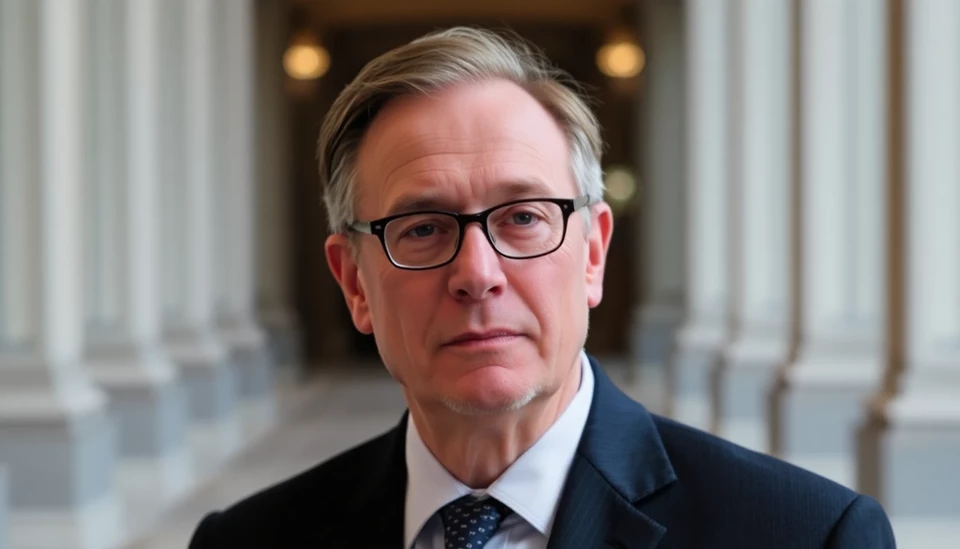
Austria finds itself grappling with a persistent economic downturn that has raised concerns about the government's ability to meet its deficit reduction targets. As the nation combats the looming specter of recession, the ruling coalition faces mounting pressure to address the financial turmoil and rein in spending while ensuring that essential services remain unaffected.
The economic landscape in Austria has been characterized by stagnation, largely influenced by higher inflation rates and shifting energy costs. The ongoing impacts of global conflicts and market instability have further complicated the situation, leaving both policymakers and citizens anxious about the future. In light of these challenges, Austria’s government is hard-pressed to find a balance between fiscal prudence and maintaining economic stability.
In a recent statement, Finance Minister Magnus Brunner expressed his concerns over the protracted nature of the recession and its implications for the country’s budgetary goals. As inflation continues to exceed expectations, the coalition has been forced to reconsider its approach and potentially revise its financial projections to align with the current economic realities.
As part of a broader strategy to tackle the recession, the government is contemplating a range of measures, including potential cuts to public spending and adjustments to social welfare programs. However, these proposals have sparked controversy among various stakeholders, who worry that reducing government expenditure could lead to increased hardship for vulnerable populations.
The potential for increased deficits poses a significant challenge for Austria’s leadership, as maintaining an acceptable level of public debt remains crucial. The European Union has set debt thresholds for member states, and Austria is under scrutiny to ensure compliance, particularly in light of recent economic strife. Failure to adhere to these guidelines could result in long-term economic repercussions and strained relations within the EU.
Analysts have urged the coalition to adopt a more proactive stance, recommending innovative solutions and structural reforms that could stimulate growth without compromising fiscal responsibility. They emphasize the importance of investing in sustainable industries and technologies that could offer new economic opportunities in the years to come.
As the government navigates this complex economic landscape, the eyes of the public and the international community remain focused on Austria. The decisions made in the coming months will undoubtedly shape the country’s financial health for years ahead, and success will depend on the coalition's ability to unite various political factions and stakeholders around a common set of objectives.
In summary, Austria's ongoing recession is challenging the coalition's fiscal strategies and forcing a reevaluation of spending priorities. As the nation seeks to stabilize its economy, it must balance the demands of its citizens with the need to maintain adherence to EU guidelines, all while laying a solid foundation for growth in the future.
#Austria #Economy #Recession #Finance #CoalitionGovernment #FiscalPolicy #EuropeanUnion #PublicSpending
Author: Daniel Foster




